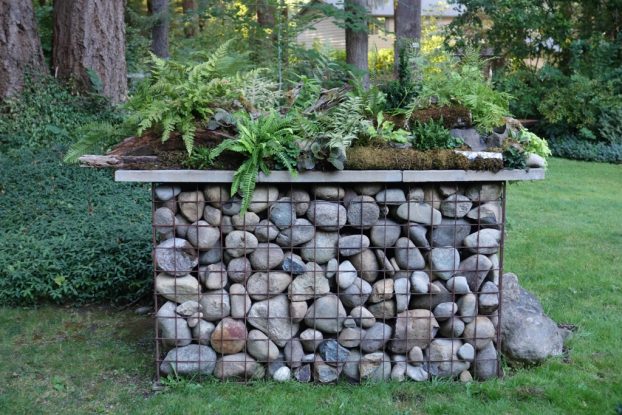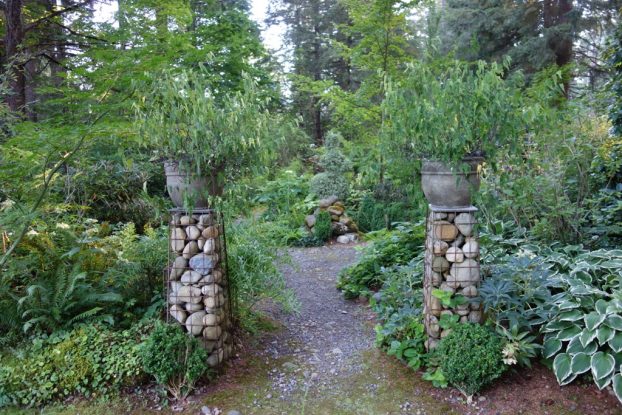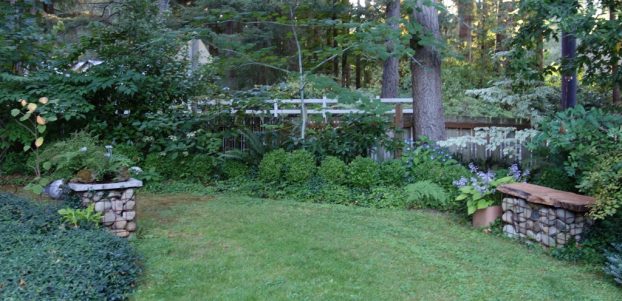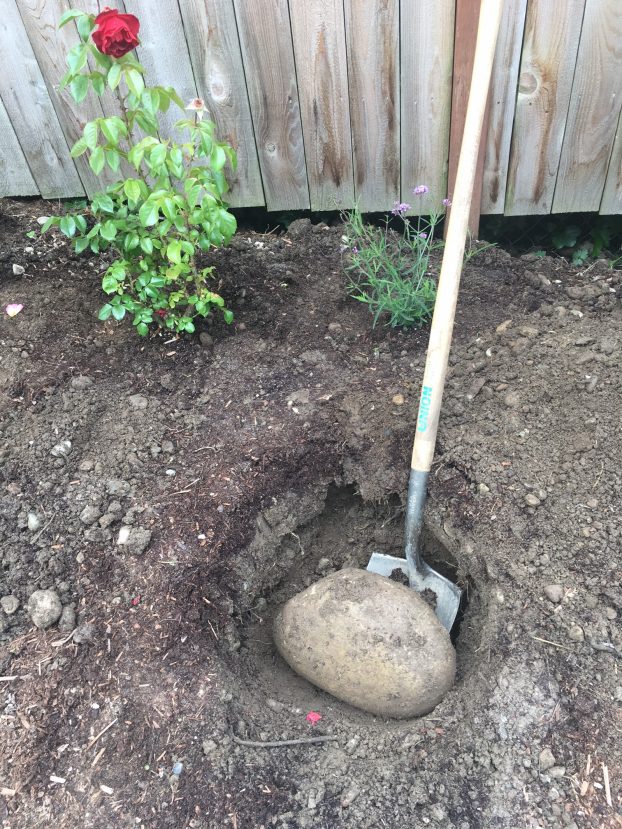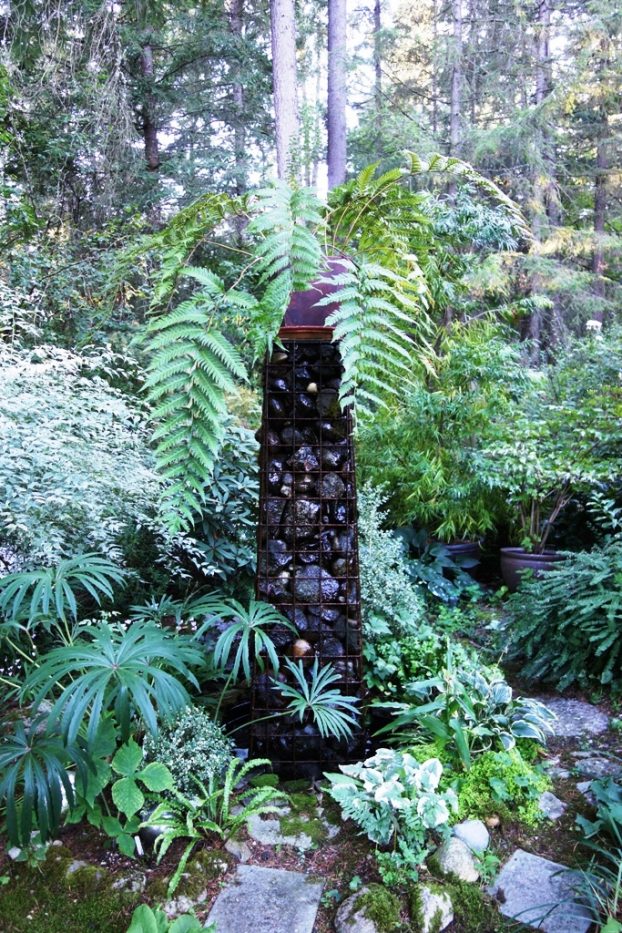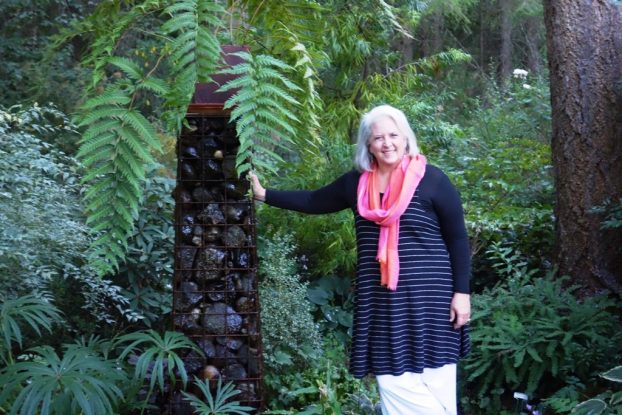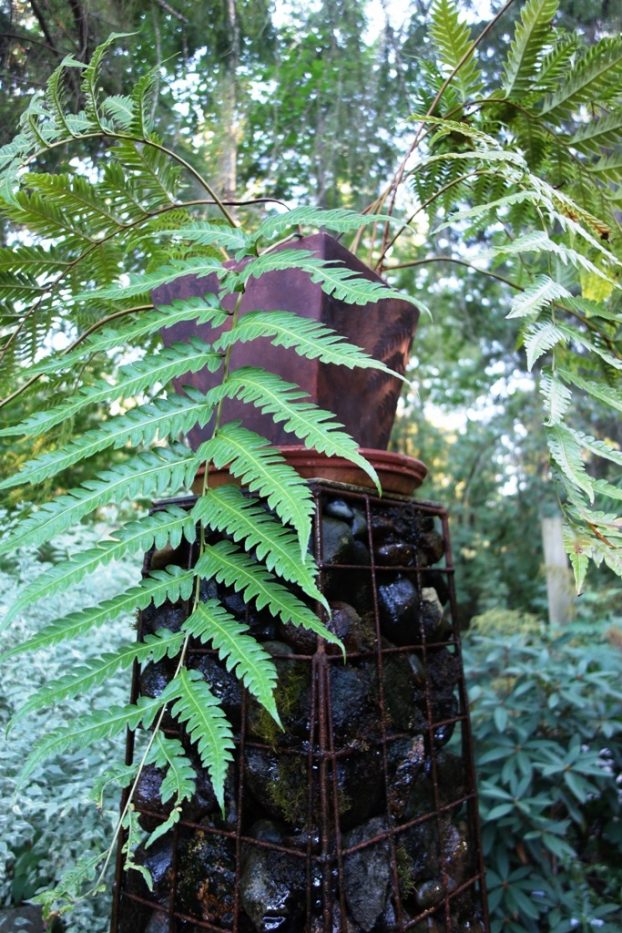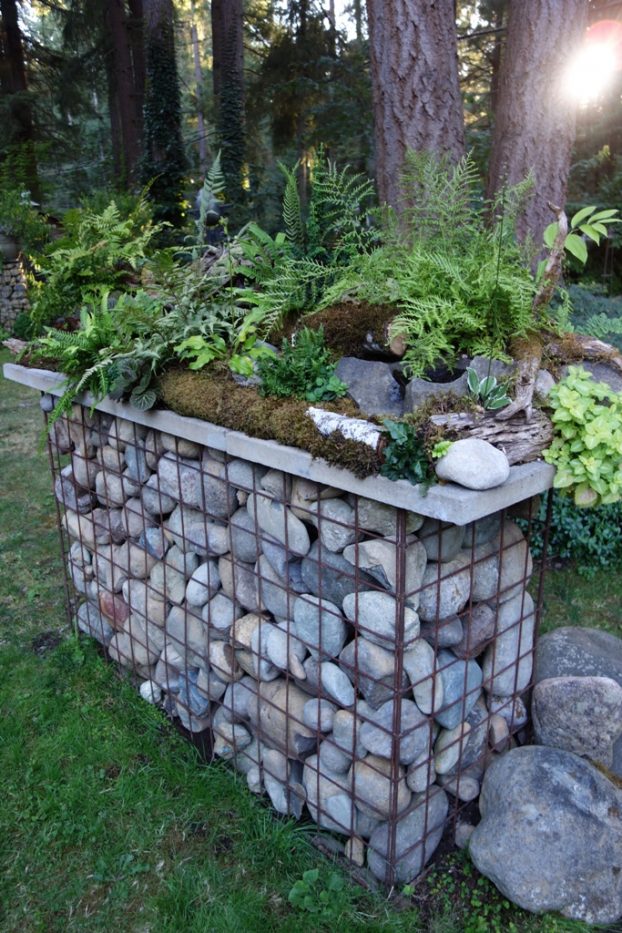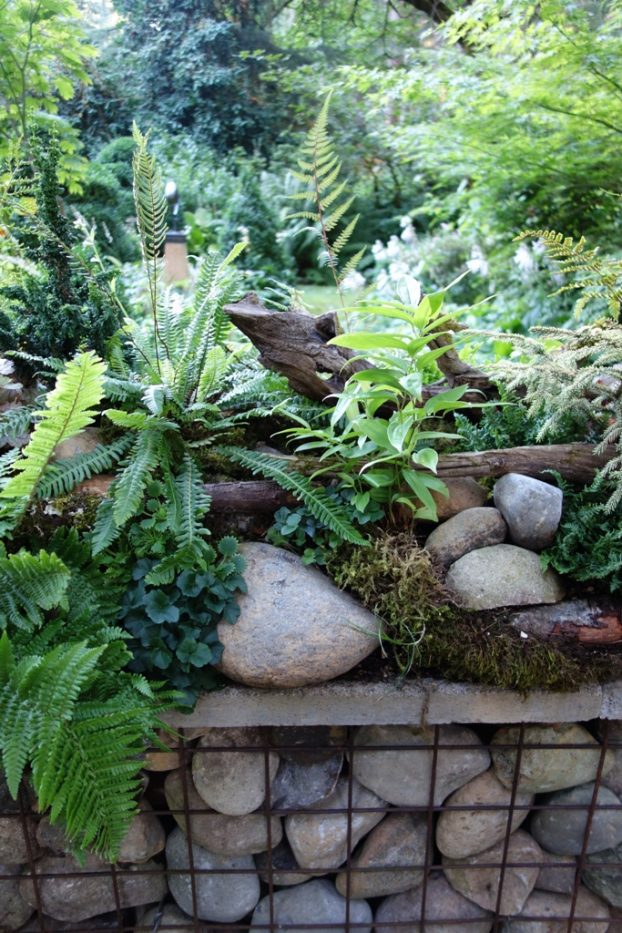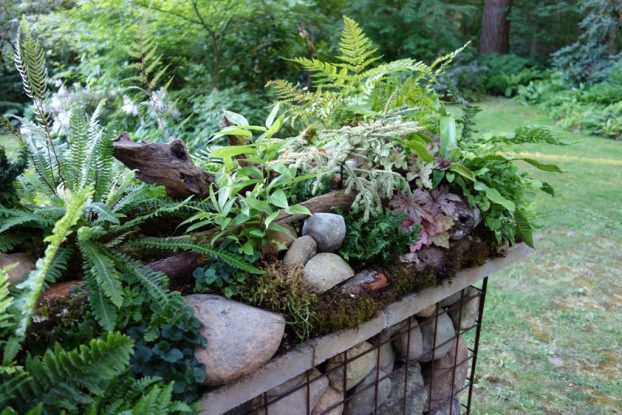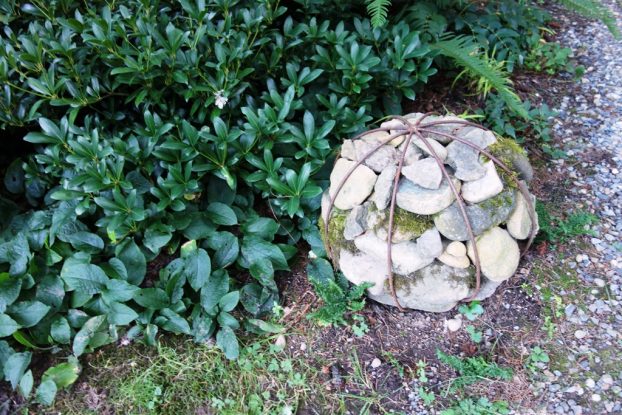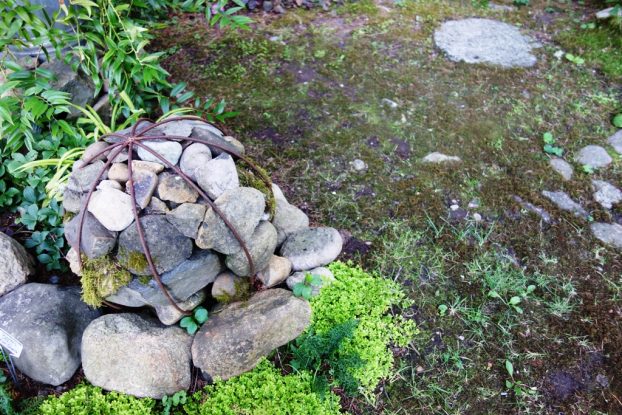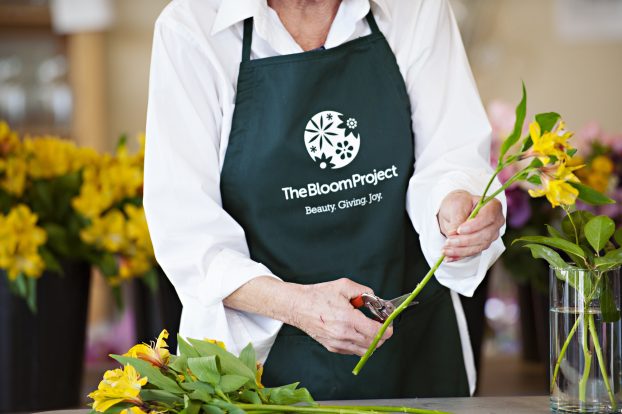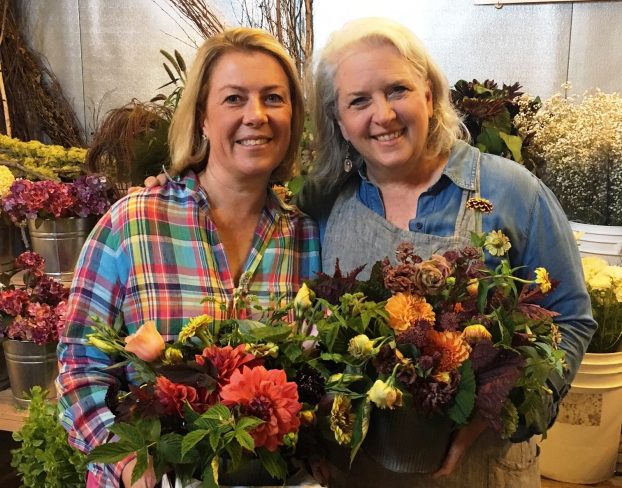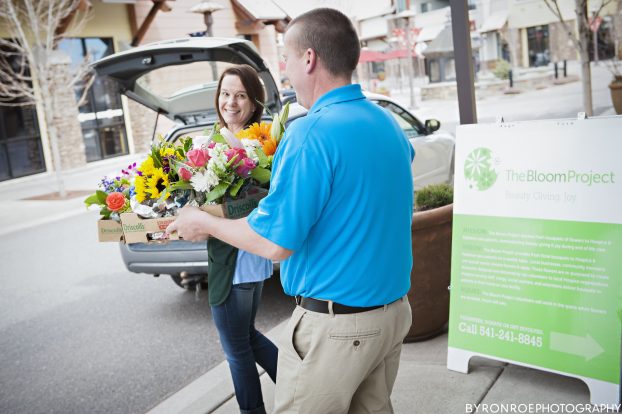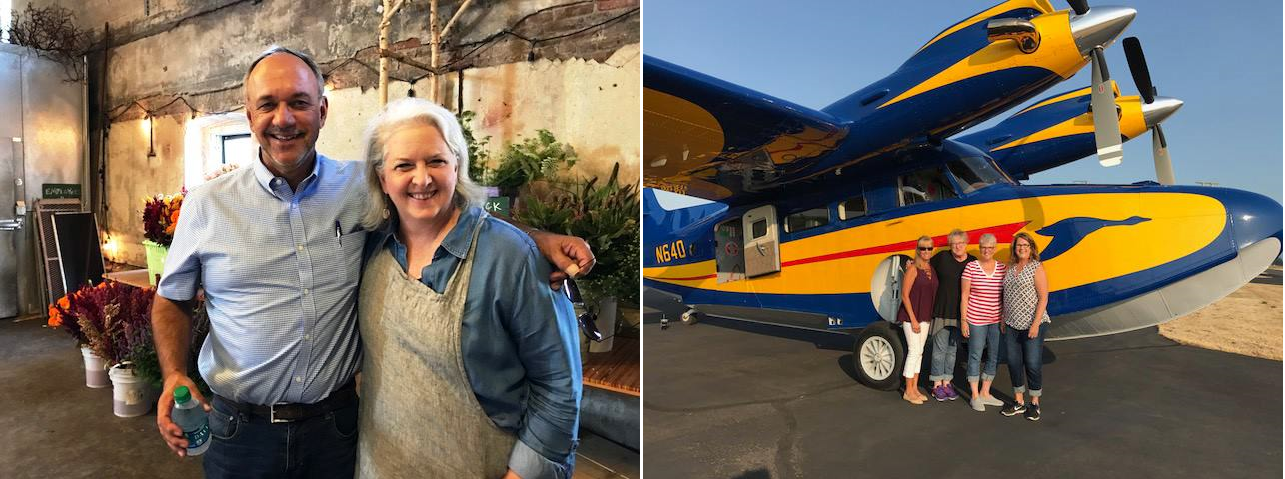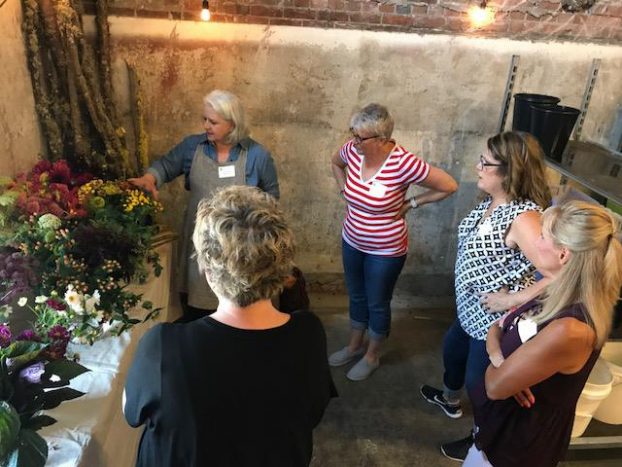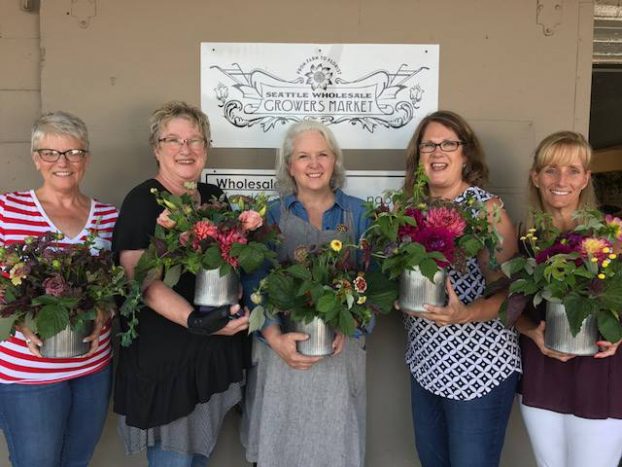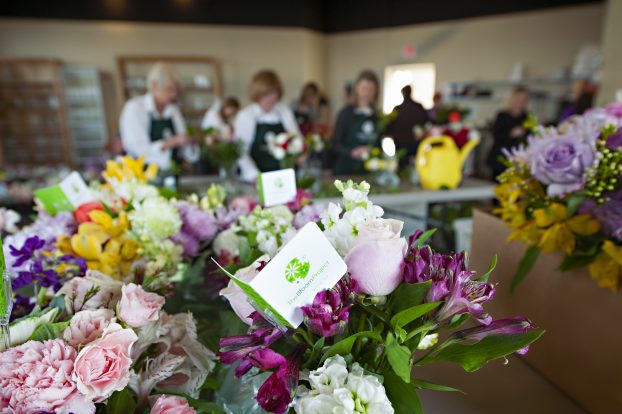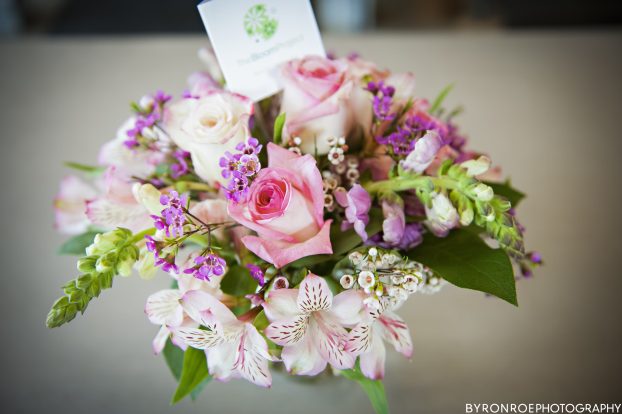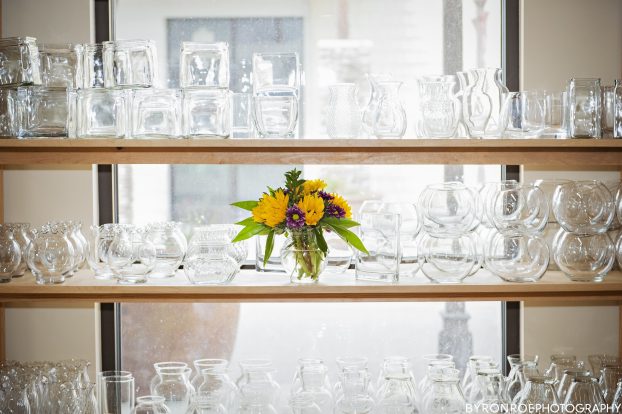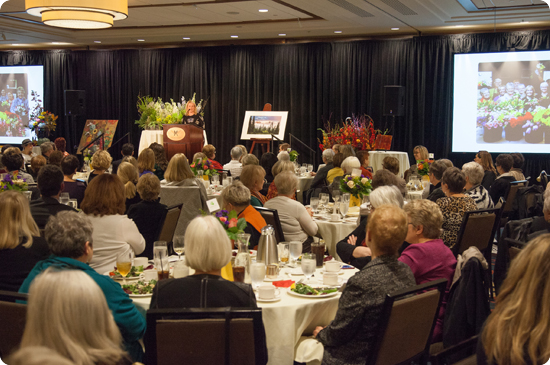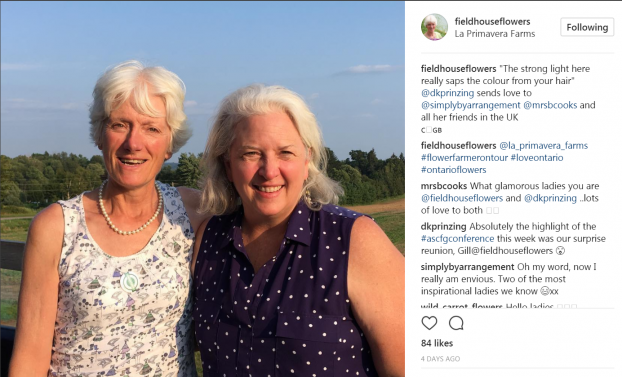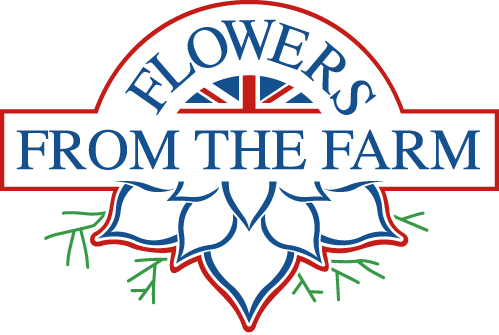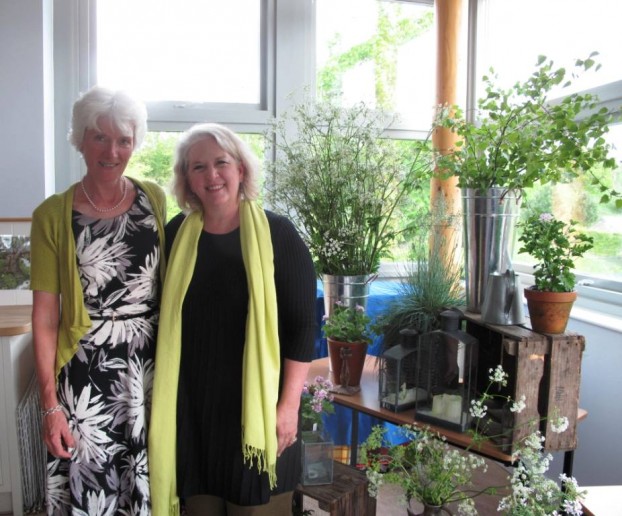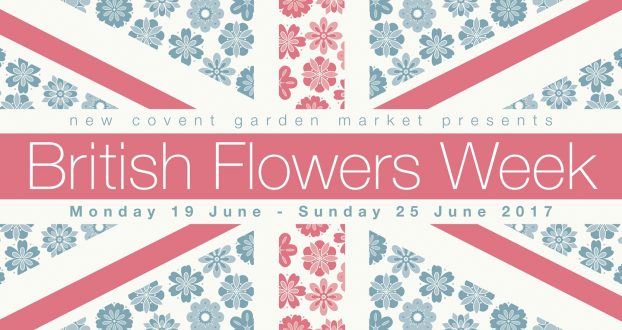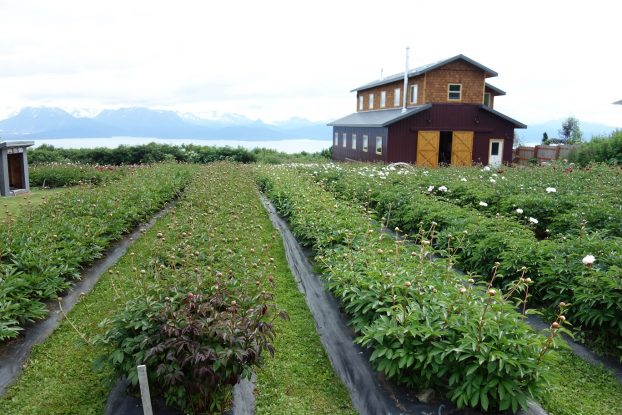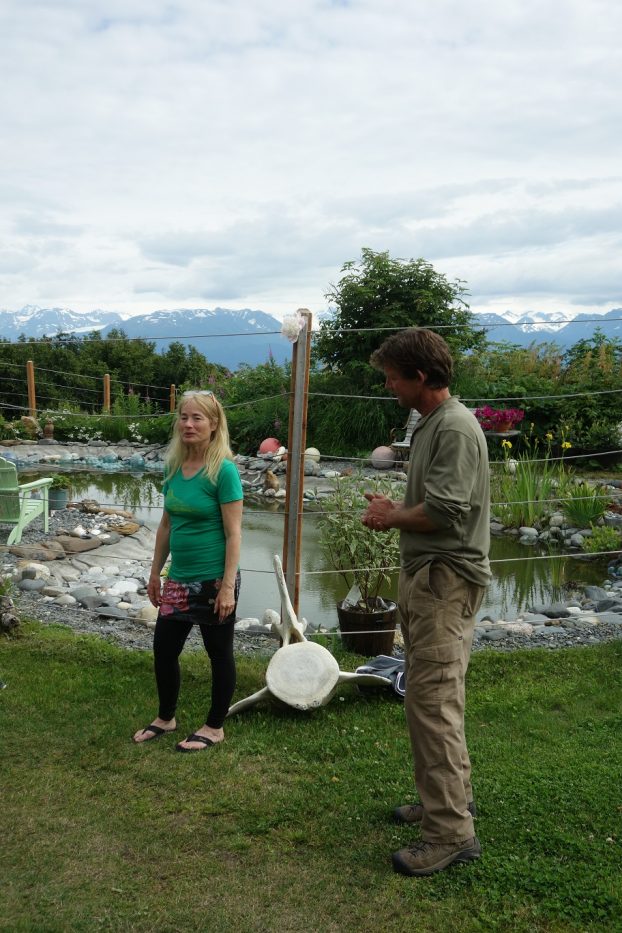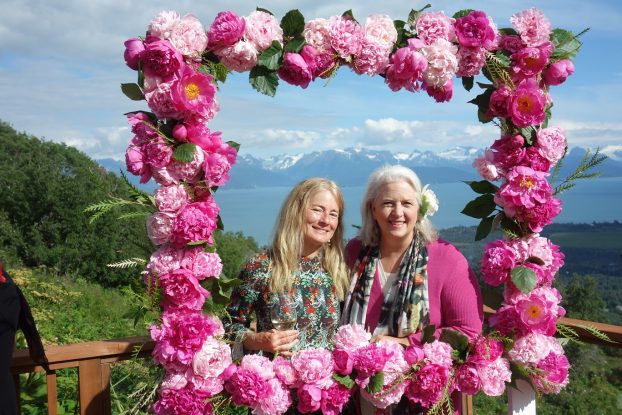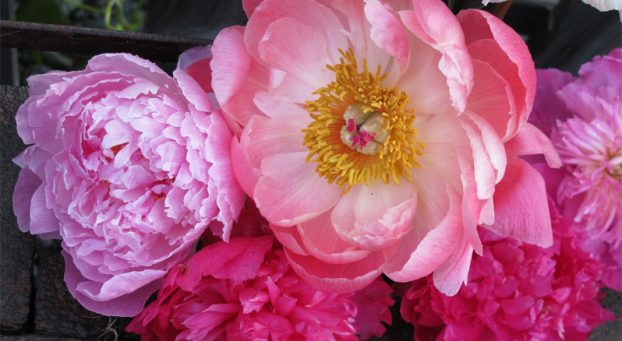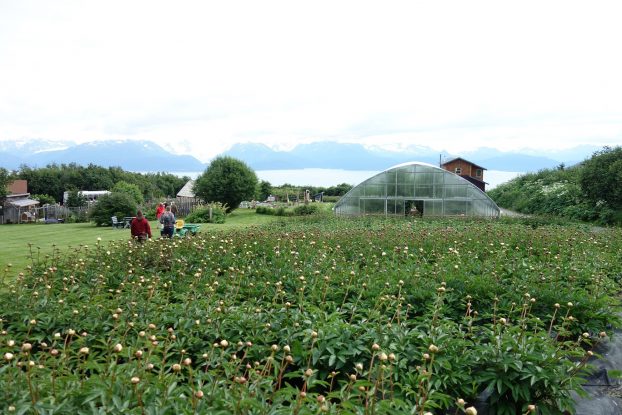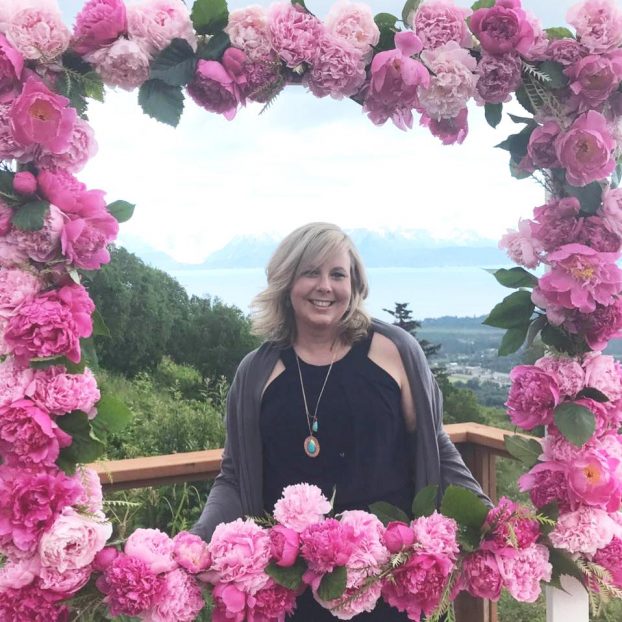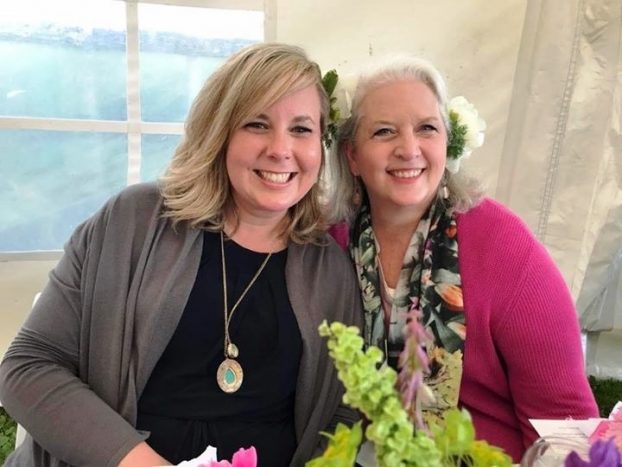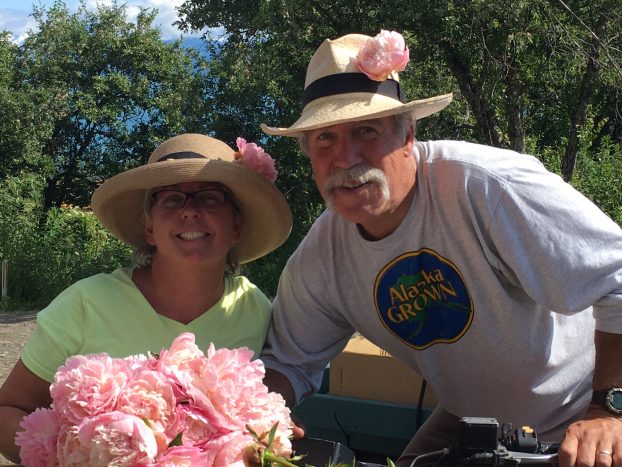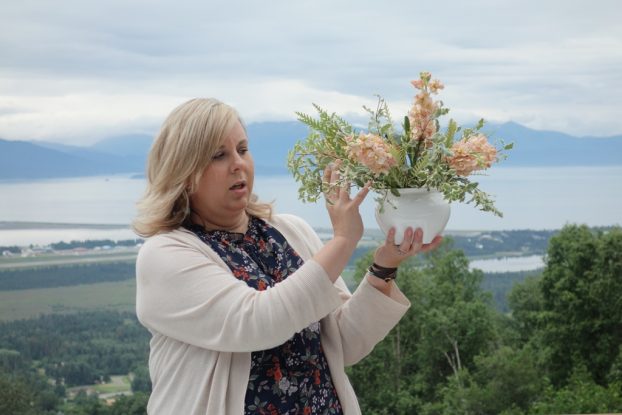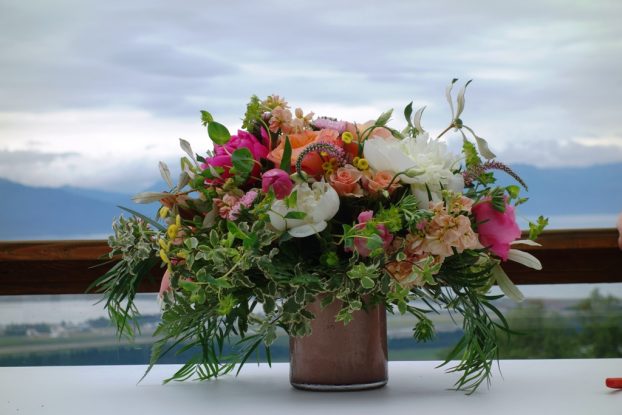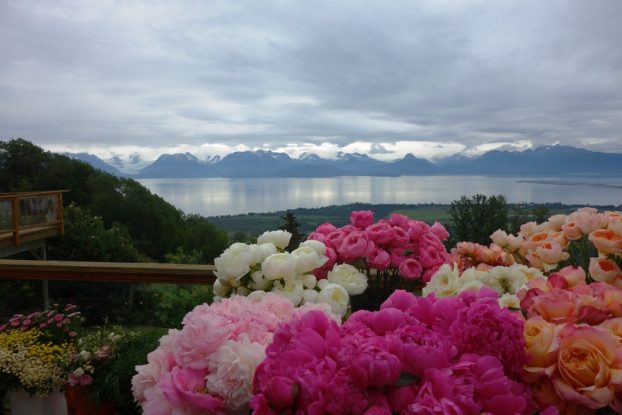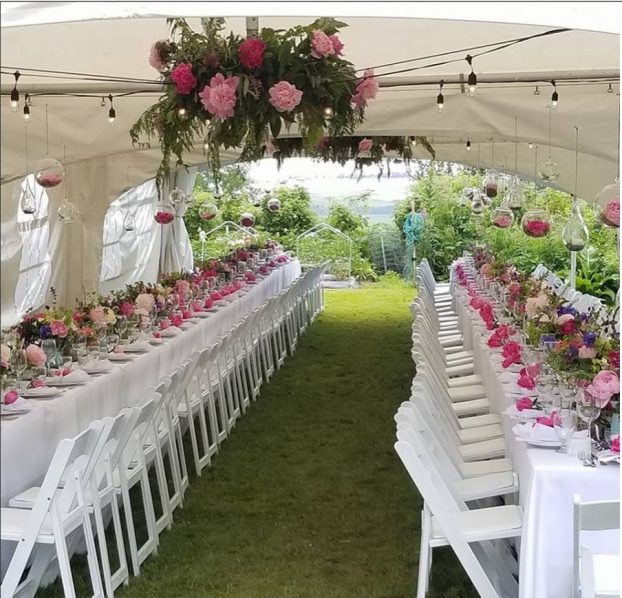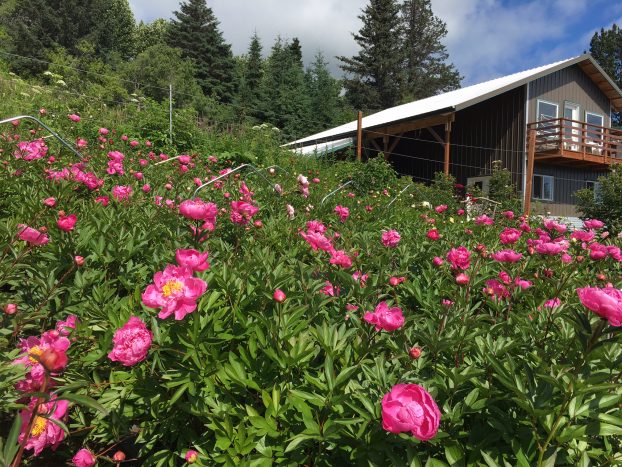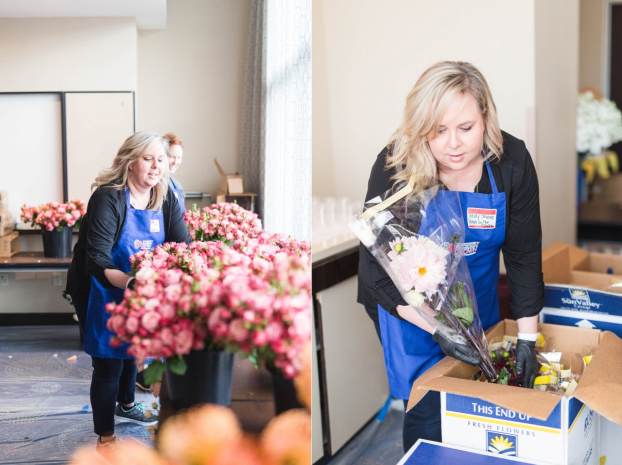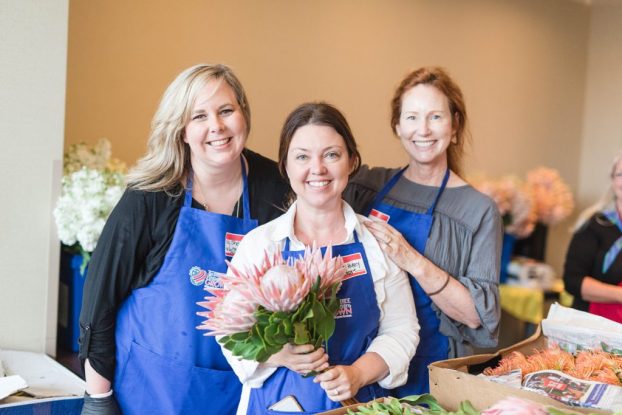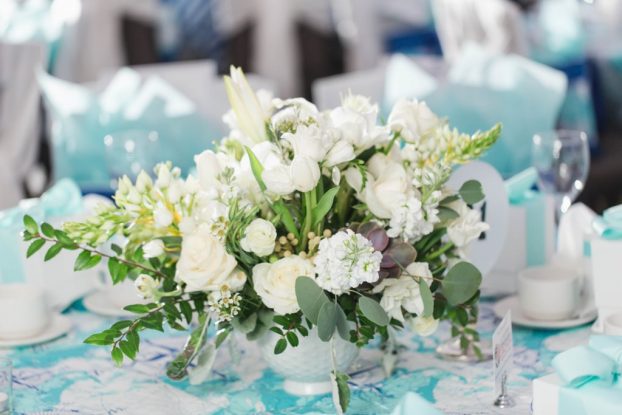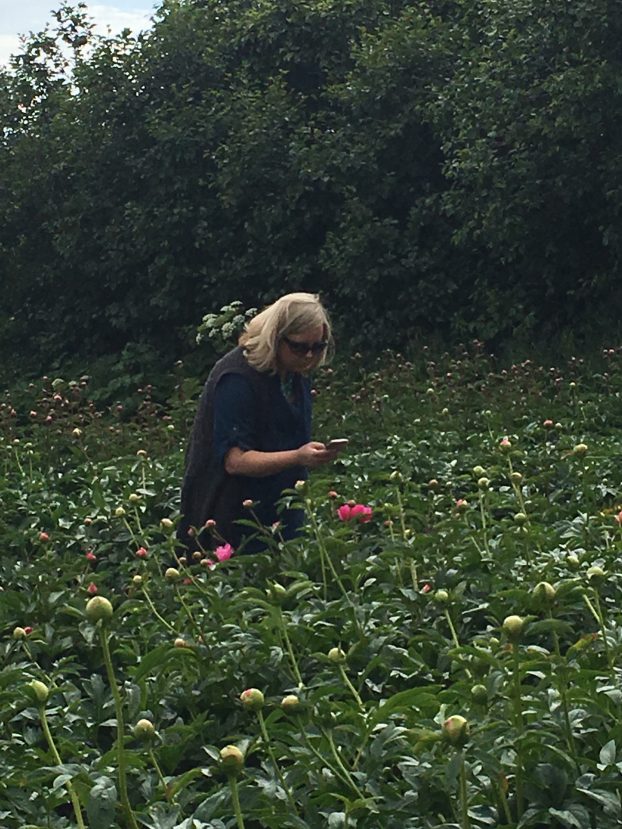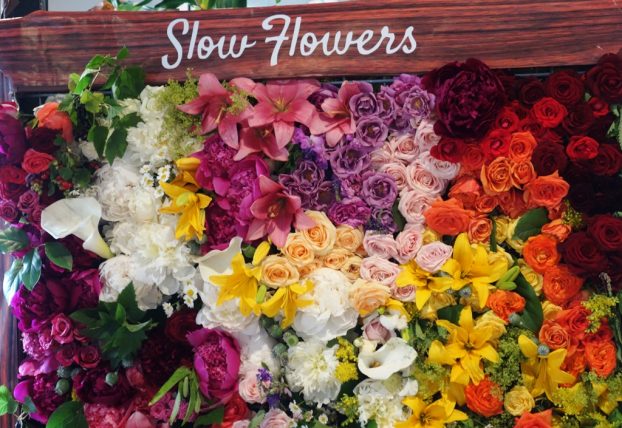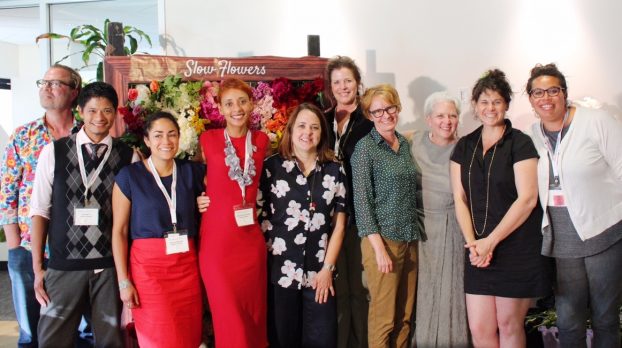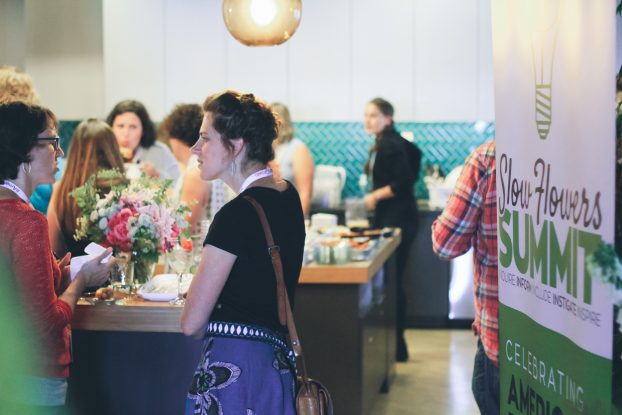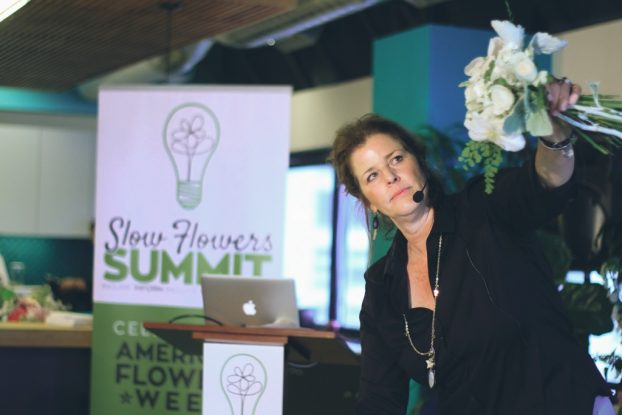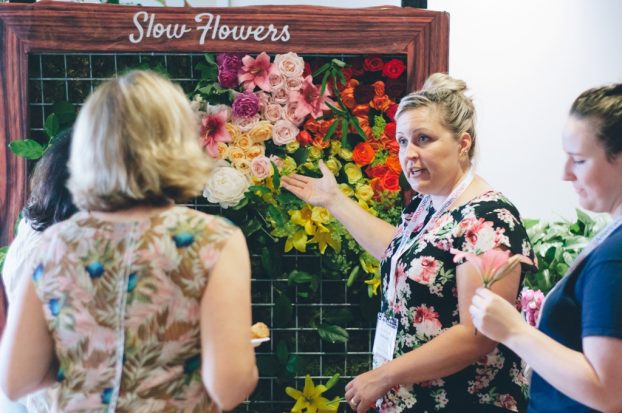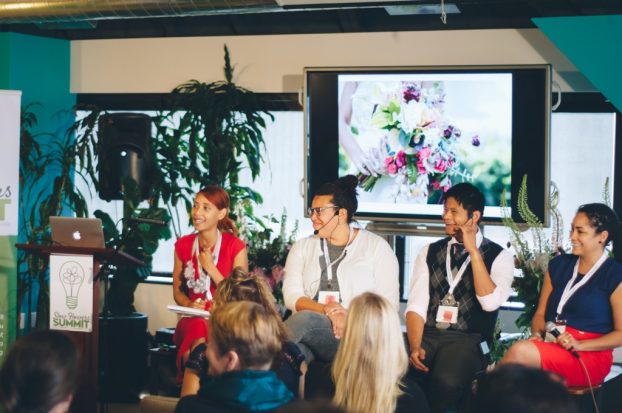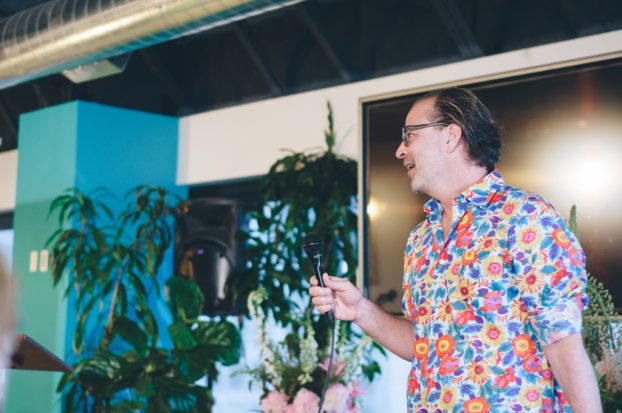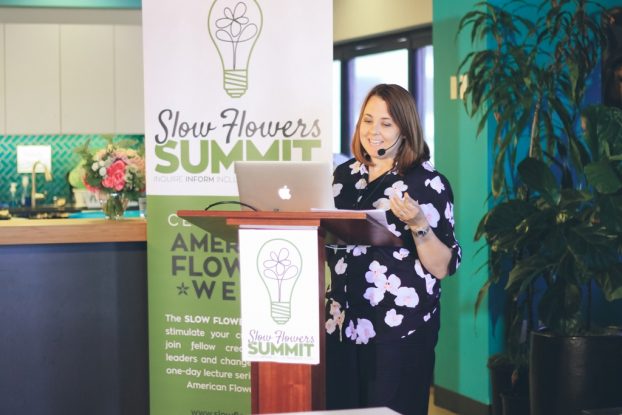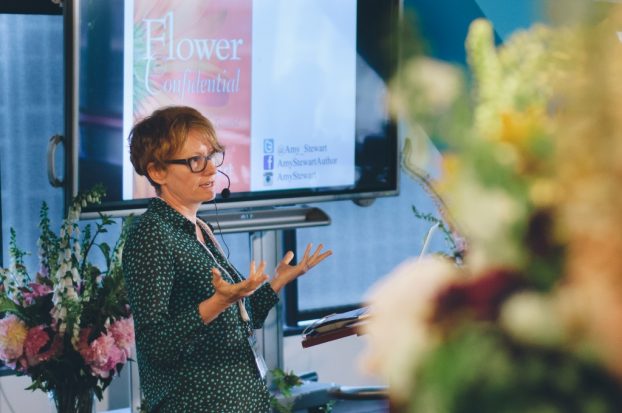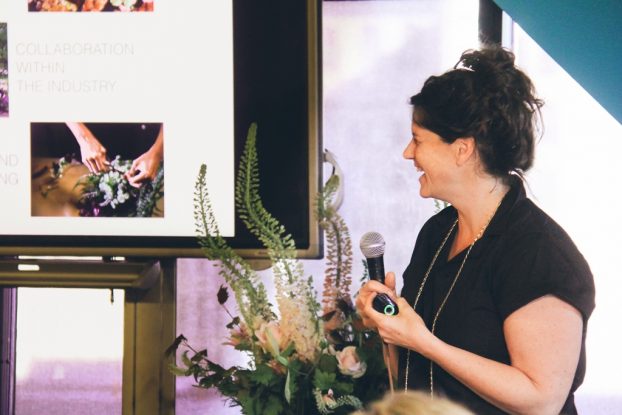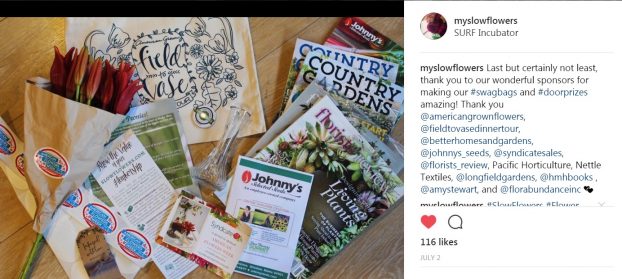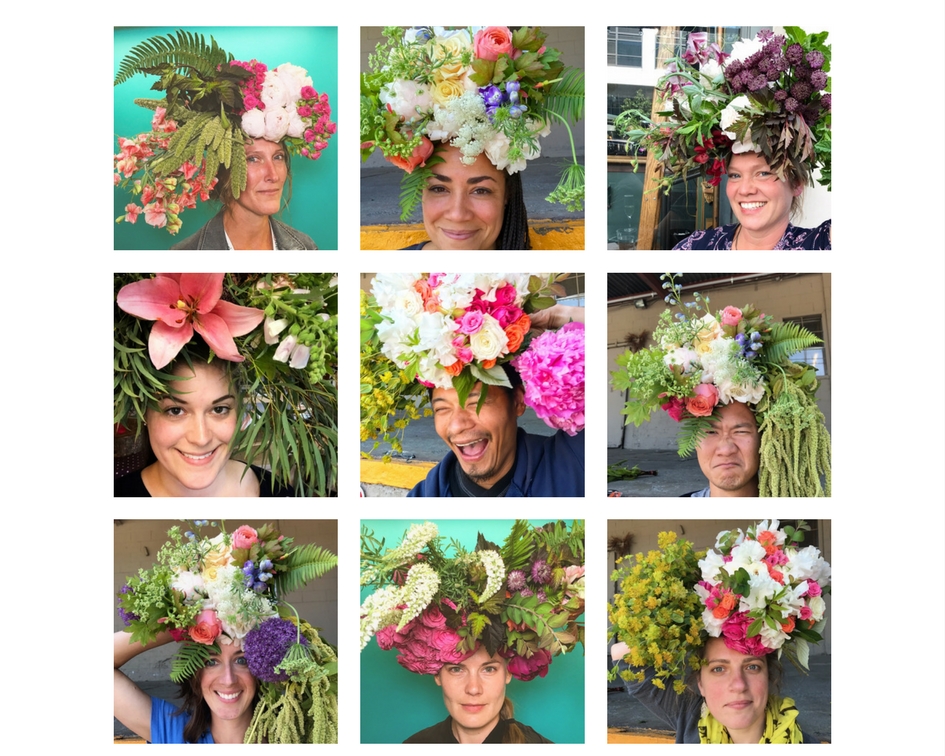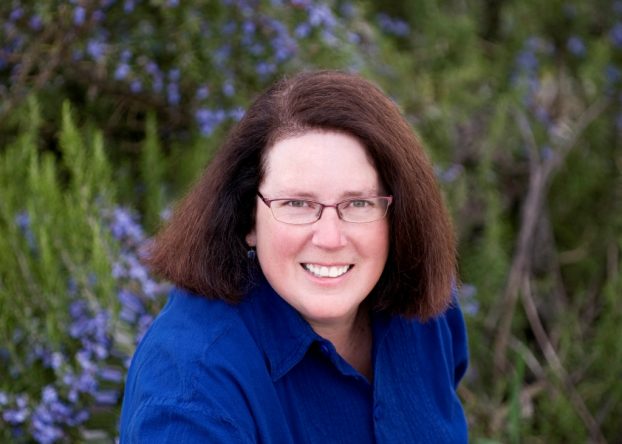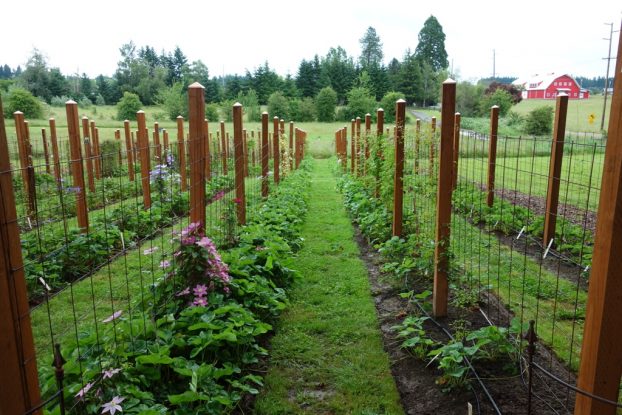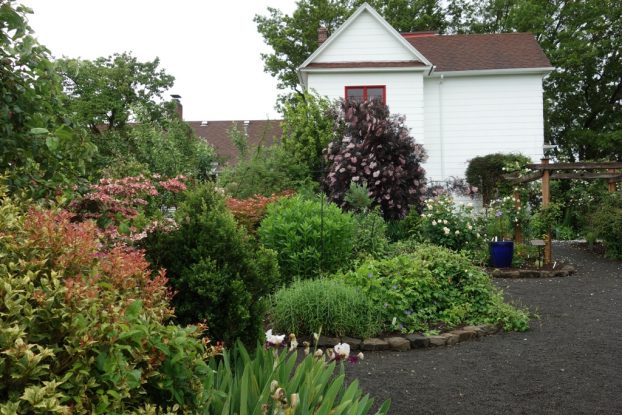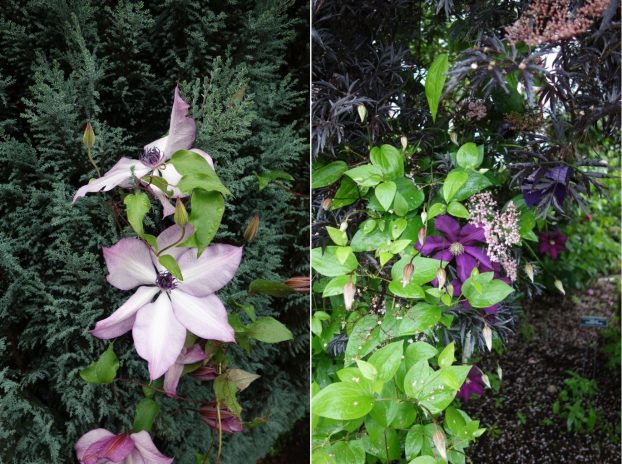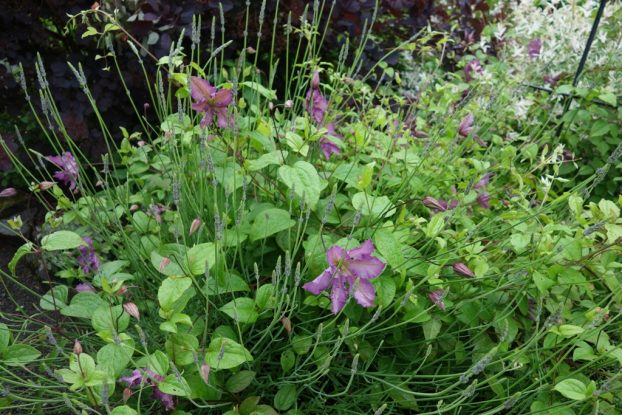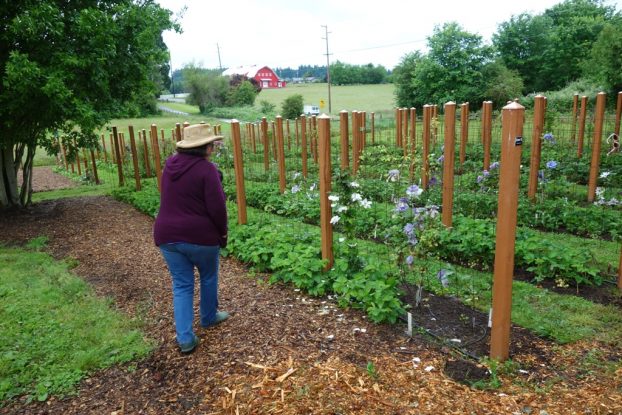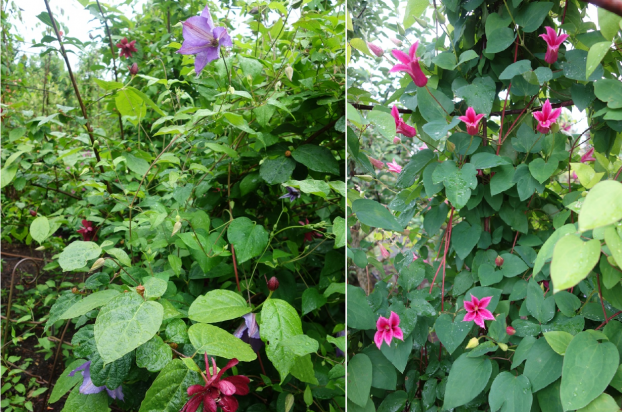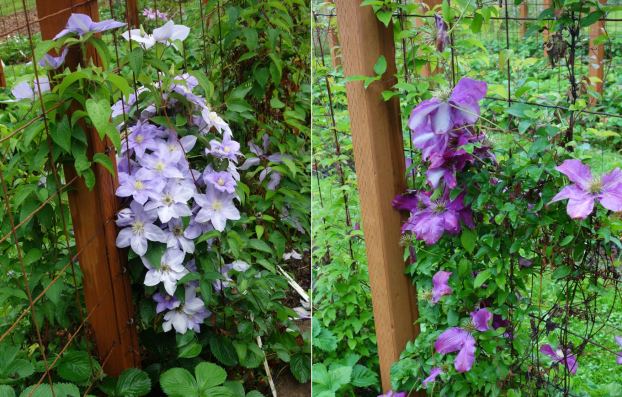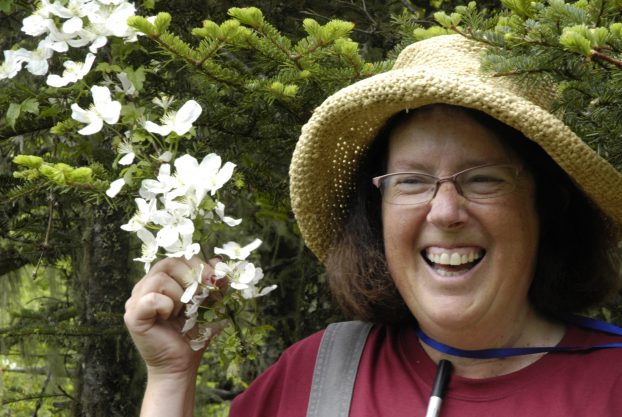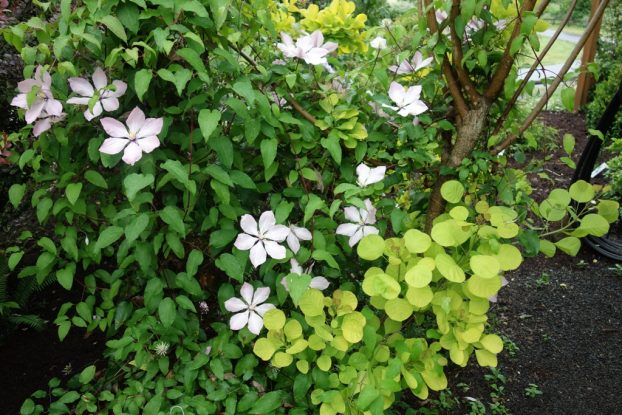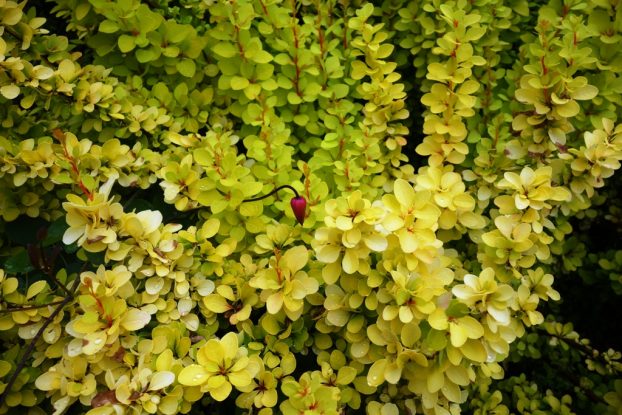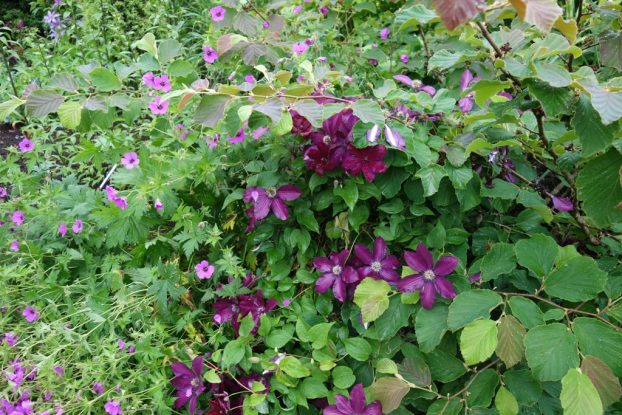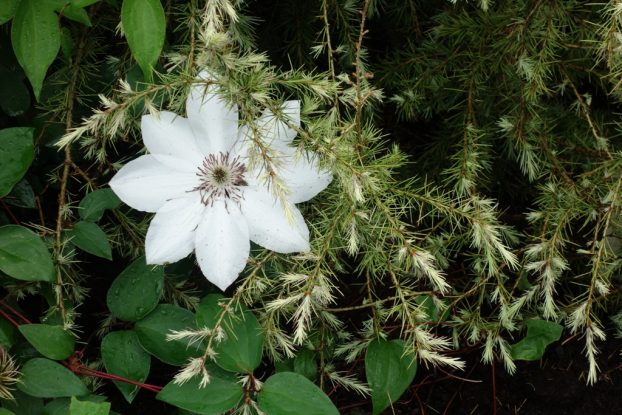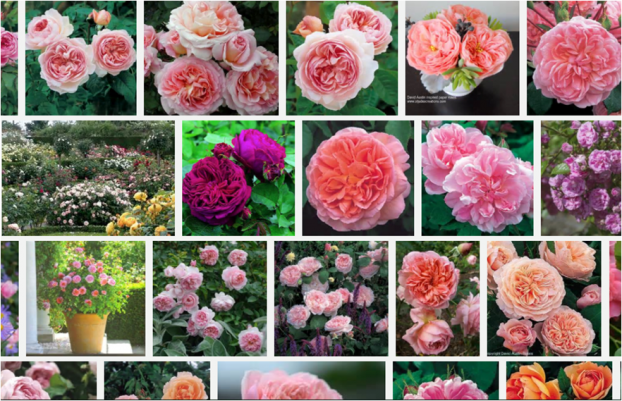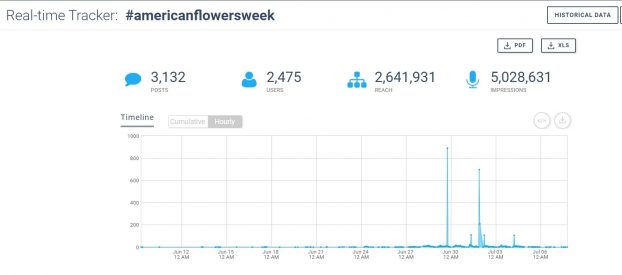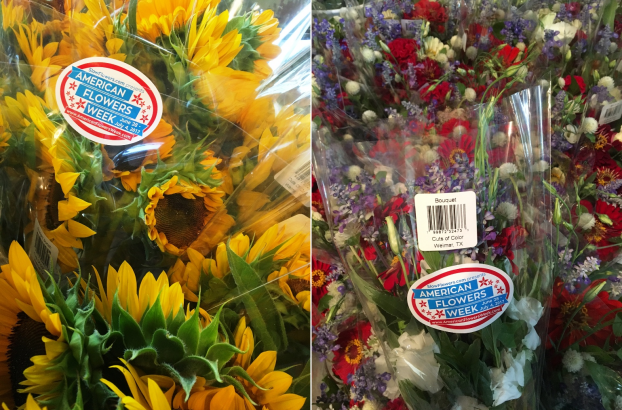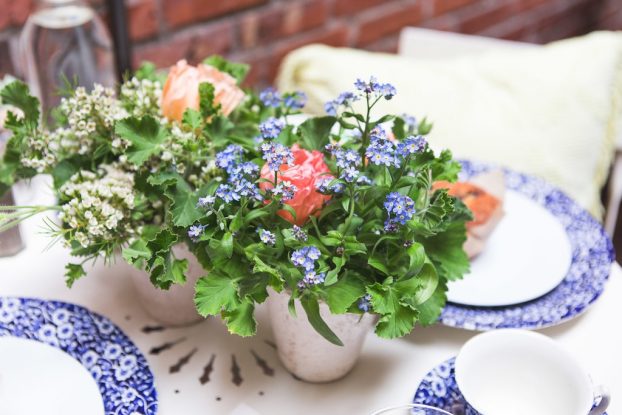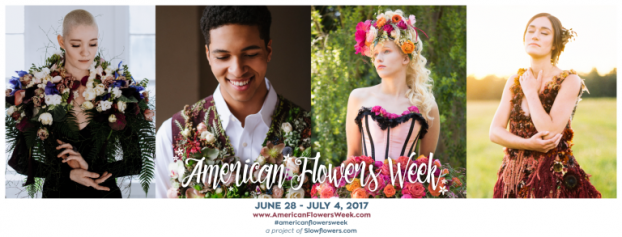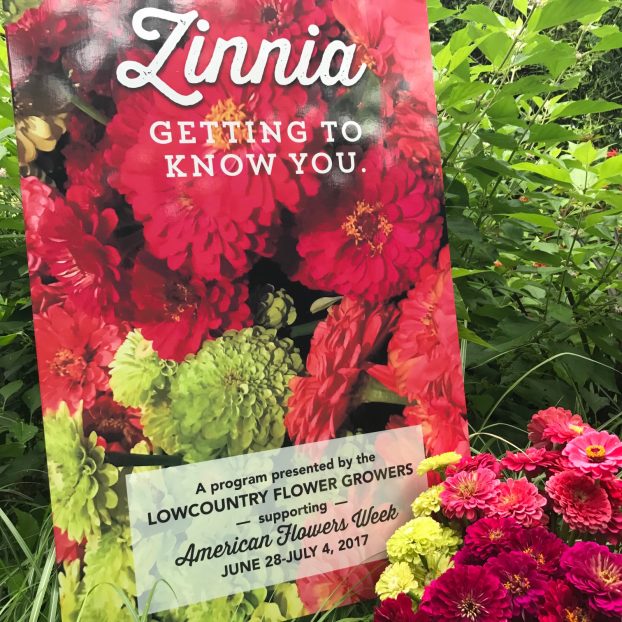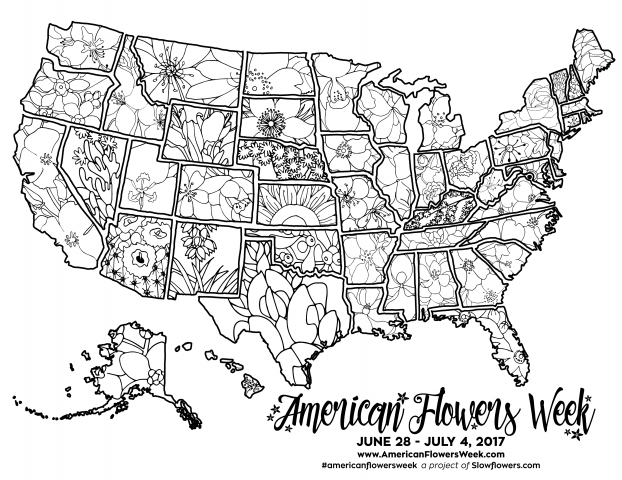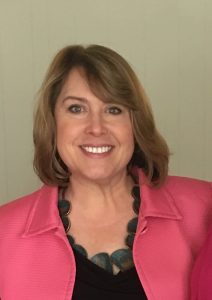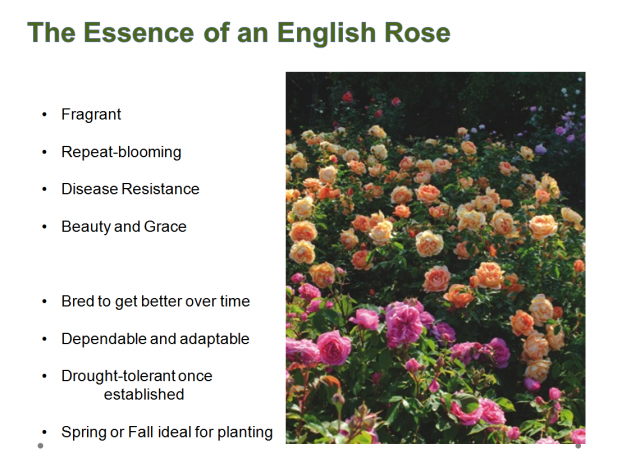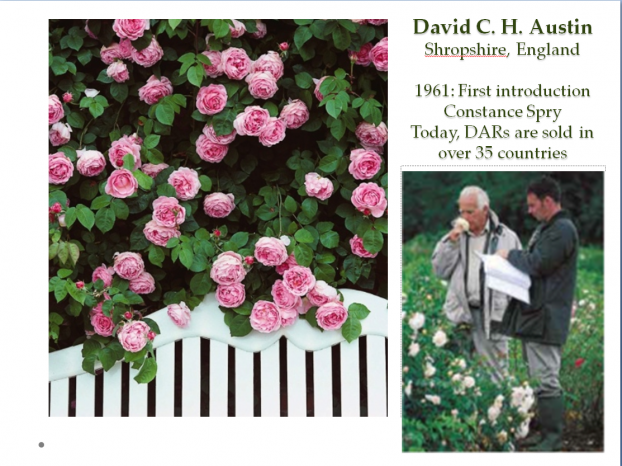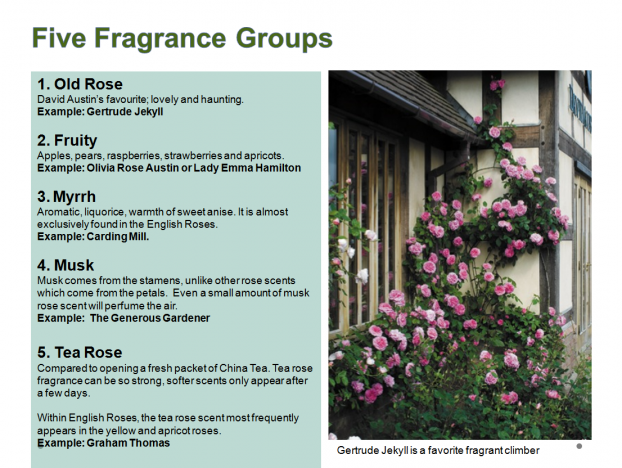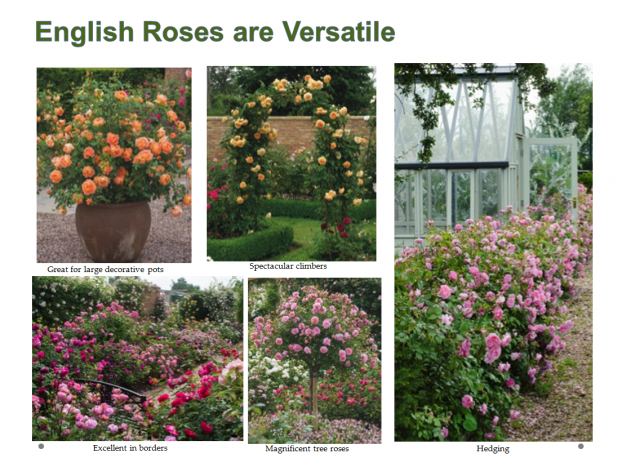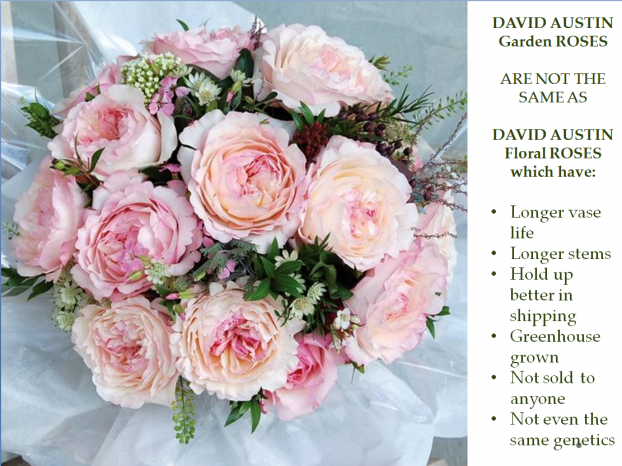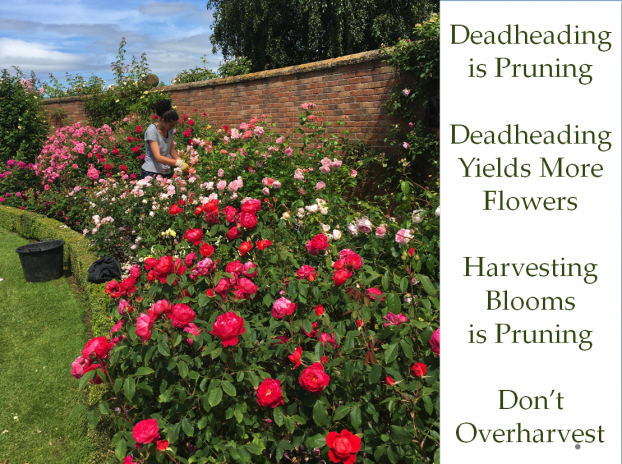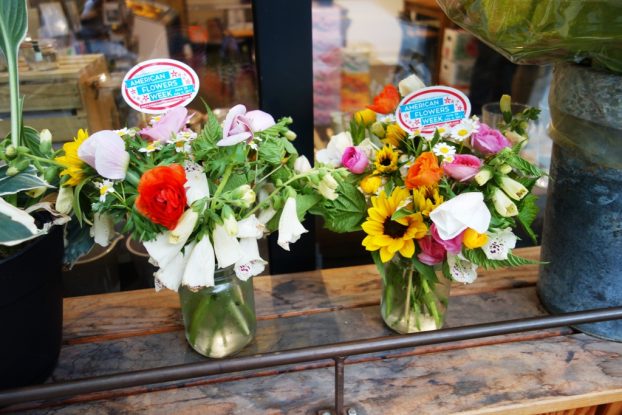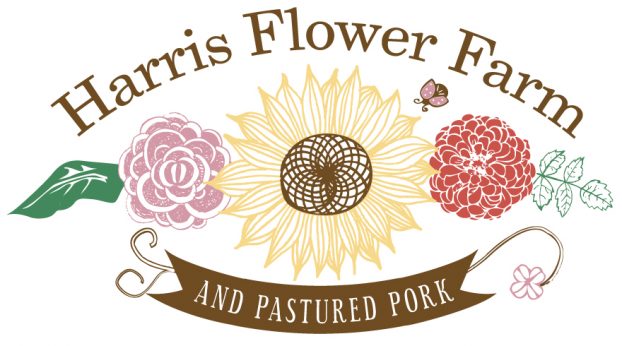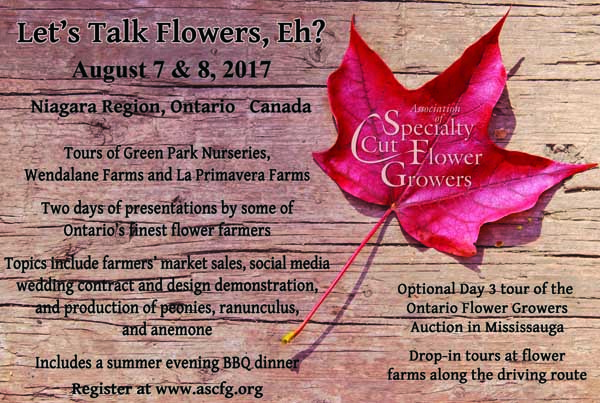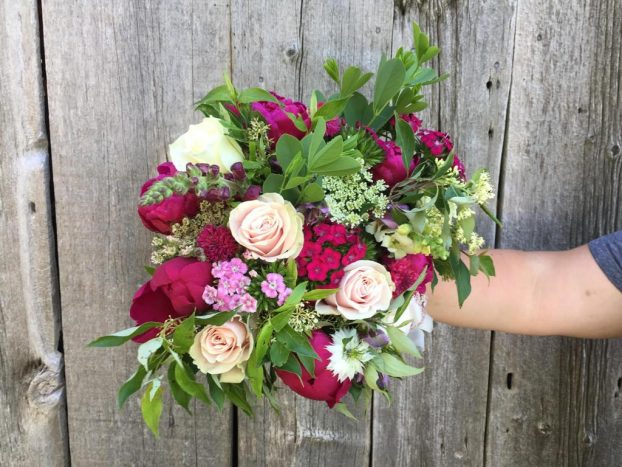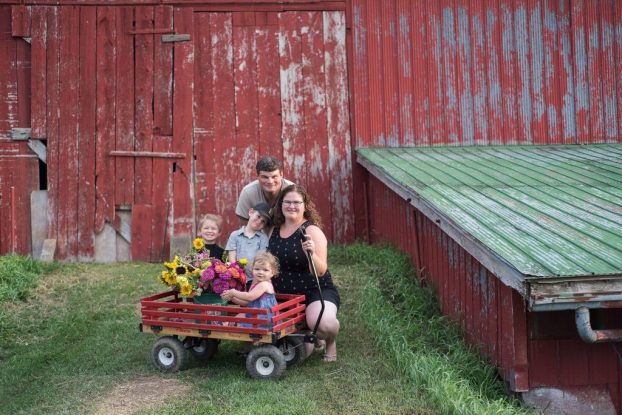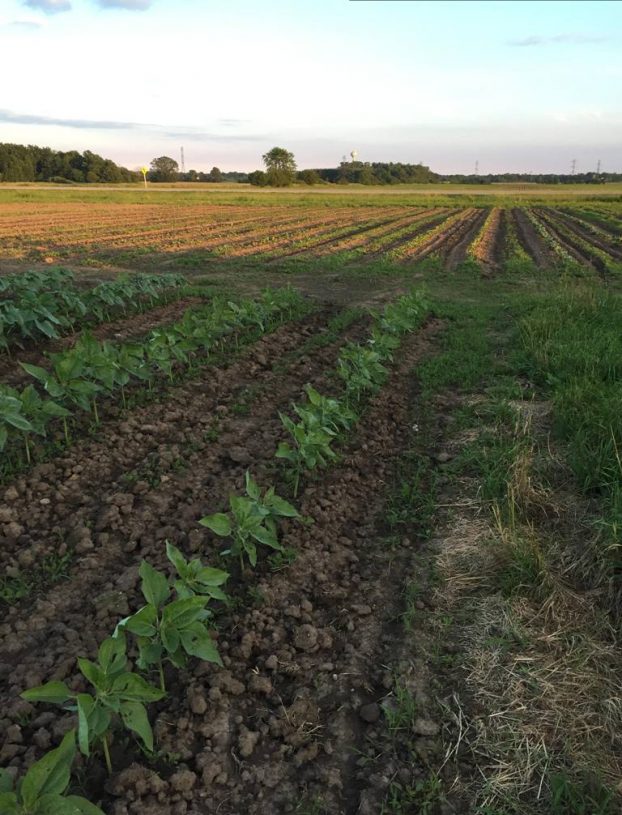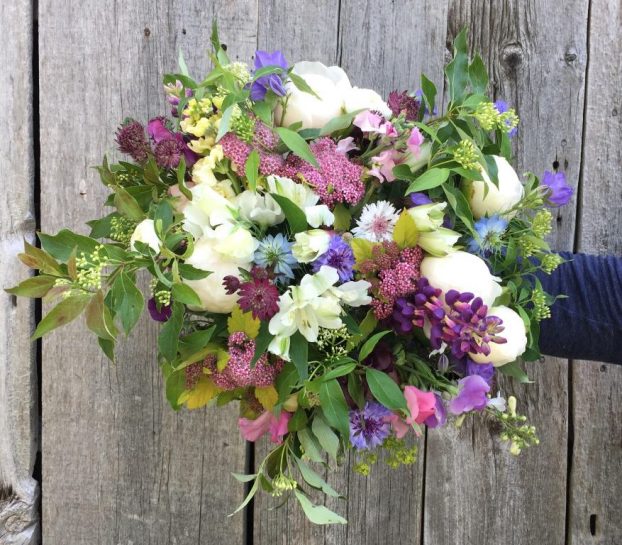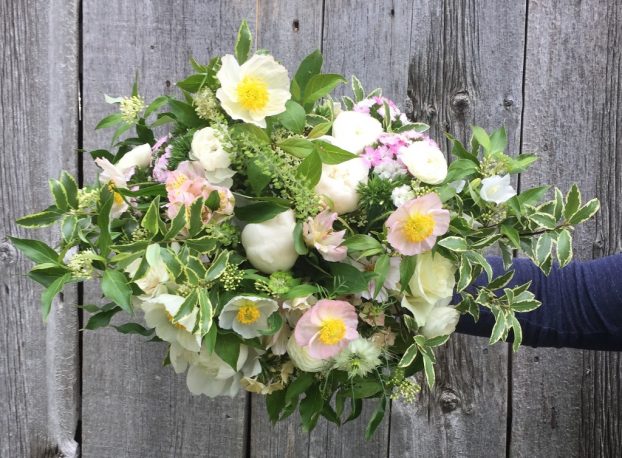Podcast: Play in new window | Download
Subscribe: Apple Podcasts | Podcast Index | | More
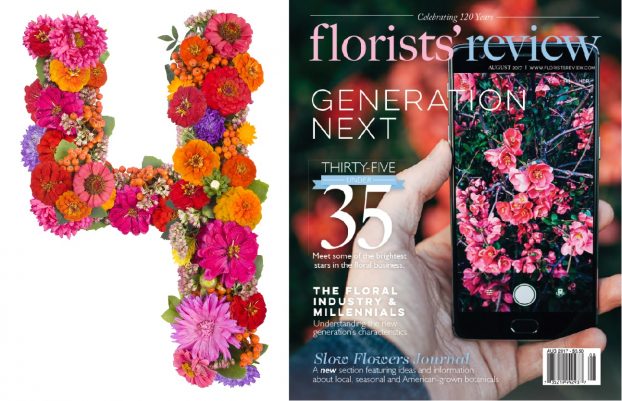
I’m celebrating the 4th anniversary of the Slow Flowers Podcast with a special guest and big announcement!
On July 23, 2014, I said this at the top of the Slow Flowers Podcast:
During the past year, I produced and hosted weekly episodes of this podcast — with news and insights of the American Grown flower movement.
The people who have been guests on this series have generously and passionately shared their time and knowledge.
Our inspiring and straight-forward dialogue has prompted thousands of listeners to return, week after week, downloading the audio files to their various devices, to listen in the design studio, in the flower fields and wherever else they spend their days.
The Slow Flowers Podcast is now a must-hear medium connecting listeners across our country with creative and influential voices and exciting points of view.
Thank you for joining me and please get ready for the next 52 weeks of great conversations.
We’re in full bloom, so to speak, and there’s an abundance of great information I’m eager to bring you!
That’s how I pronounced the news of this Podcast’s one-year anniversary, with 15,000 downloads and, as I said, 52 episodes to show for it.
 Here we are, today, celebrating the 4th anniversary of the Slow Flowers Podcast, and by numbers alone, we’ve made some amazing strides. We have enjoyed 215,000 listener downloads, and have produced 208 episodes.
Here we are, today, celebrating the 4th anniversary of the Slow Flowers Podcast, and by numbers alone, we’ve made some amazing strides. We have enjoyed 215,000 listener downloads, and have produced 208 episodes.
Behind the numbers are authentic relationships that have been formed, a community of like-minded kindred spirits who are truly trying to improve our floral landscape.
We are making empowered decisions about how flowers are grown, brought to market and incorporated into our designs, decisions that affect our branding and businesses in a positive way.
Your participation in and support of all Slow Flowers projects is at an all-time high. With more than 715 members of Slowflowers.com, with ever-increasing support and collaboration with many of our sponsors, with the explosion of involvement in American Flowers Week — at more than 5 million impressions on social media during this year’s campaign, with the media attention not just about our program but about flower farmers across the country creating wholesale supply hubs and elevating the discussion about local flowers, and with this year’s amazing Slow Flowers Summit just occurring . . . well, we have so much to celebrate.
Let’s pop the cork and congratulate one another. Like a true community, your success equals my success; when the light is shined on one member, it benefits all members; when together we value interdependence over competition . . . that’s what inspires me and I hope it inspires you.
Four years ago, I started this tiny podcast wondering how I would ever “fill” the lineup with enough guests and stories to tell, imagining that eventually, I would be scrambling to find people to interview week after week. Well, that has proven NOT to be the case and it is pretty beautiful to acknowledge this accomplishment. My instinct for news tells me that the pool of voices to bring to you — as we inquire, inform, include, inspire and instigate new thinking — will not disappear. That’s a promise.
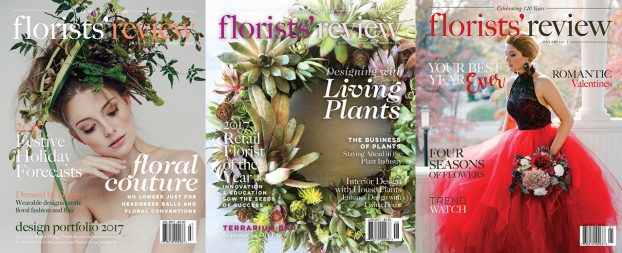
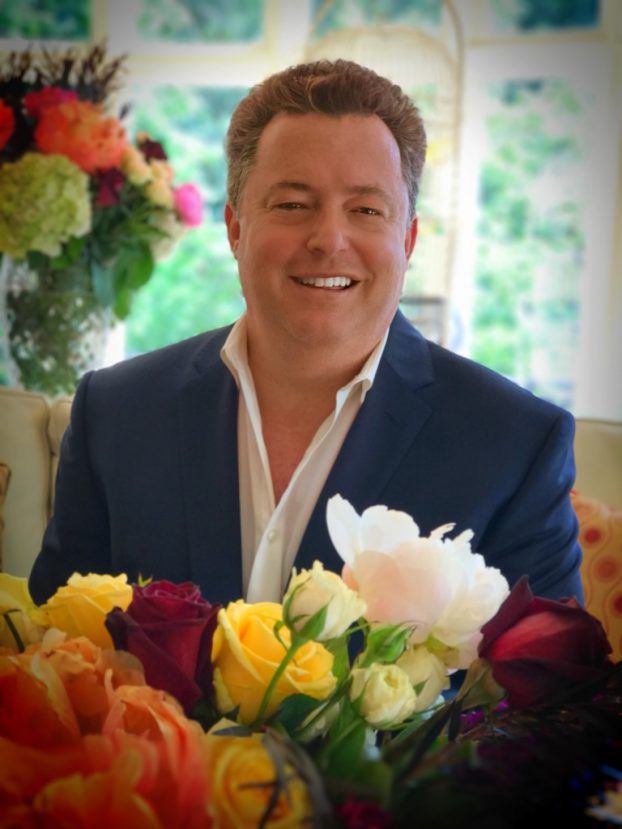
Travis Rigby, president and publisher of Florists’ Review
There’s one more big accomplishment to share and it is happening thanks to today’s special guest.
Please meet Travis Rigby, president and publisher of Wildflower Media, the parent company of Florists’ Review, Super Floral and an extensive bookstore and publishing operation.
Travis also is president of two companies both based in Portland — PosterGarden.com, a portable display company founded in 1995, and FlowerBox (formerly Blumebox), an innovative flower vase company specializing in recyclable vases.
Travis purchased Florists’ Review Enterprises and its suite of businesses in early 2016, with the sale closing on April 1 last year, so he has less than 18 months as a magazine publisher under his belt.
He acquired the Topeka, Kansas-based business from Frances Dudley, the previous owner of 29 years, but I was amazed to learn that Florists’ Review is a venerable, 120-year-old trade magazine.
 Florists’ Review has been serving the floral industry for nearly 120 years. Established by Gilbert Leonard Grant in 1897 as The Weekly Florists’ Review, it was the first floral magazine to use photography rather than sketches, giving florists a true picture of what was happening in their industry.
Florists’ Review has been serving the floral industry for nearly 120 years. Established by Gilbert Leonard Grant in 1897 as The Weekly Florists’ Review, it was the first floral magazine to use photography rather than sketches, giving florists a true picture of what was happening in their industry.
Even during his short period of ownership, Travis has made some exciting changes, including redesigning Florists’ Review, with a larger-size format, higher quality paper and fresh graphics. With David Coake as editor and Kathleen Dillinger as new art director, together the cover and inside content of Florists’ Review are catching people’s attention.
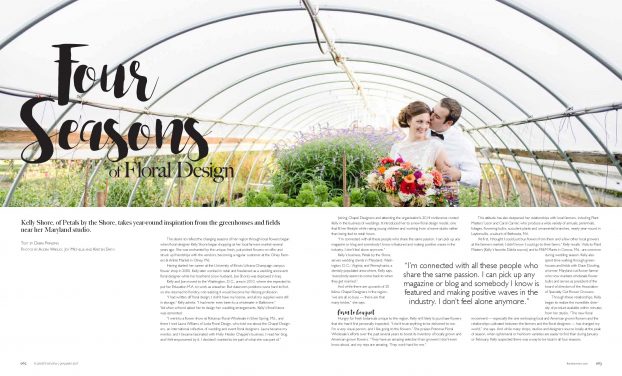
“Four Seasons of Floral Design” featured designs from Kelly Shore of Petals by the Shore in Olney, Maryland, and flowers from Plant Masters flower farm.
I began contributing articles to the magazine this past January, auspicious timing for me because it coincided with the magazine’s beautiful new format. As you’ll hear in our conversation, Travis and I met through a mutual friend, the uber networker Heidi Berkman of The Bloom Project in Portland (who incidentally you’ll hear on this podcast in the not-so-distant future).
Being the magazine junkie that I am, I was immediately fascinated to meet Travis and talk about the future of print media. The magazine world has undergone a huge shakeup in the past decade, as has all print, especially newspapers, but Travis and I found ourselves agreeing that there is a sweet spot for micro-niche publications that really drill down on a focused topic or serve a distinct audience — and that Florists’ Review had the potential to become the publication of choice for the mainstream floral industry. Of course, I’m not really in the mainstream, preaching local and seasonal flowers, but Travis saw something of relevance in the Slow Flowers platform, and he continued to say “yes” when I brought story ideas to the table.
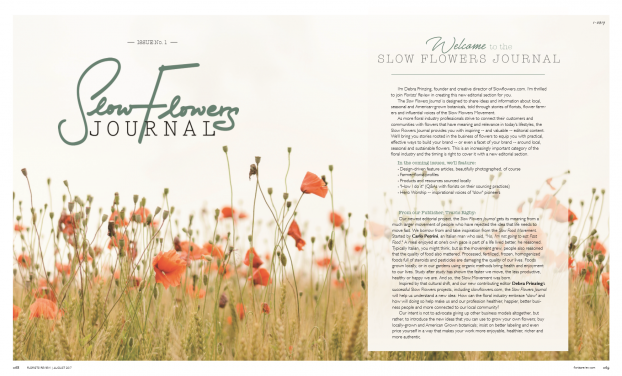
Here’s a sneak peek of our opening pages of the Slow Flowers Journal — launching inside the August issue of Florists’ Review.

Now, thanks to a new partnership, more than 13k subscribers of Florists Review will read regular coverage about the Slow Flowers Movement and the people who grow and design with local, seasonal and domestic flowers. Beginning in August, next week, I am joining Florists’ Review as a Contributing Editor and, you will find our dedicated editorial section called Slow Flowers Journal inside the pages of Florists’ Review magazine, the highest-circulation floral industry trade magazine on the market.
In the coming issues, we’ll feature:
- Design-driven feature articles, beautifully photographed, of course
- Farmer-florist profiles
- Products and resources sourced locally
- “How I do it” (Q&As with florists on their sourcing practices)
- Hero Worship — inspirational voices of “slow” pioneers
Isn’t that cool? Now even more readers will learn about the #slowflowersmovement and how they can adapt and adopt a more sustainable lifestyle in the floral industry.
Want to see what it’s all about?
Subscribe to Florists’ Review and read our bonus Slow Flowers Journal content at the special rate of $21 for 12 issues — 62 percent off the cover price! Take advantage of the special subscription offer from Florists’ Review. Click on this link or call 1-800-367-4708. I promise you that you’ll find inside each Slow Flowers Journal, our mini-magazine, the stories, news and resources important to you.
Thanks again for joining me and for helping me celebrate all the good Slow Flowers news of this Podcast’s significant fourth anniversary. If you want to get more involved, please reach out — I’d love to hear from you!
Join the Slow Flowers Community on Facebook, and share your story of this ever-changing ethos to source domestic, American grown flowers and support flower farmers, as well as adopt a more mindful, sustainable lifestyle for you and your business.
As I mentioned, the Slow Flowers Podcast has been downloaded nearly 215,000 times by listeners like you. Thank you to each one of you for downloading, listening, commenting and sharing. It means so much.
If you value the content you receive each week, I invite you to show your thanks and support the Slow Flowers Podcast with a donation — the button can be found on our home page in the right column. Your contributions will help make it possible to transcribe future episodes of the Podcast.
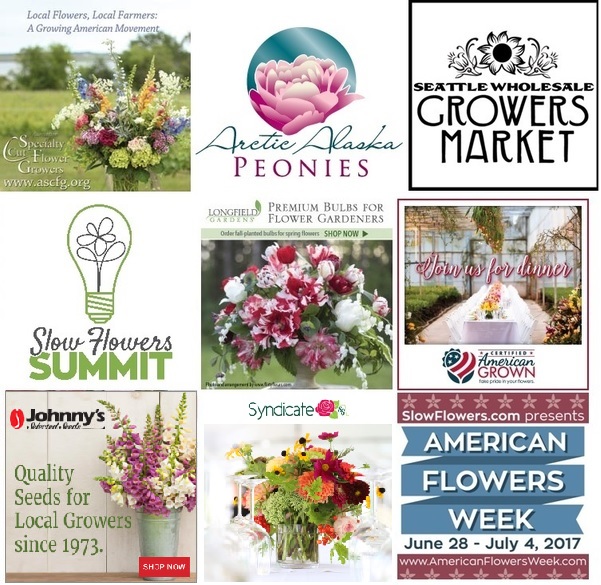 Thank you to family of sponsors:
Thank you to family of sponsors:
Arctic Alaska Peonies, a cooperative of 50 family farms in the heart of Alaska providing high quality, American Grown peony flowers during the months of July and August. Visit them today at arcticalaskapeonies.com
Seattle Wholesale Growers Market, a farmer-owned cooperative committed to providing the very best the Pacific Northwest has to offer in cut flowers, foliage and plants. The Growers Market’s mission is to foster a vibrant marketplace that sustains local flower farms and provides top-quality products and services to the local floral industry. Find them at seattlewholesalegrowersmarket.com
Longfield Gardens provides home gardeners with high quality flower bulbs and perennials. Their online store offers plants for every region and every season, from tulips and daffodils to dahlias, caladiums and amaryllis. Visit them at lfgardens.com.
Syndicate Sales, an American manufacturer of vases and accessories for the professional florist. Look for the American Flag Icon to find Syndicate’s USA-made products and join the Syndicate Stars loyalty program at syndicatesales.com.
Johnny’s Selected Seeds, an employee-owned company that provides our industry the best flower, herb and vegetable seeds — supplied to farms large and small and even backyard cutting gardens like mine. Check them out at johnnysseeds.com.
Association of Specialty Cut Flower Growers. Formed in 1988, ASCFG was created to educate, unite, and support commercial cut flower growers. Its mission is to help growers produce high-quality floral material, and to foster and promote the local availability of that product. Learn more at ascfg.org.
I’m Debra Prinzing, host and producer of the Slow Flowers Podcast. Next week, you’re invited to join me in putting more American grown flowers on the table, one vase at a time. And If you like what you hear, please consider logging onto Itunes and posting a listener review.
The content and opinions expressed here are either mine alone or those of my guests alone, independent of any podcast sponsor or other person, company or organization.
The Slow Flowers Podcast is engineered and edited by Andrew Brenlan. Learn more about his work at KineticTreeFitness.com.
Music Credits:
